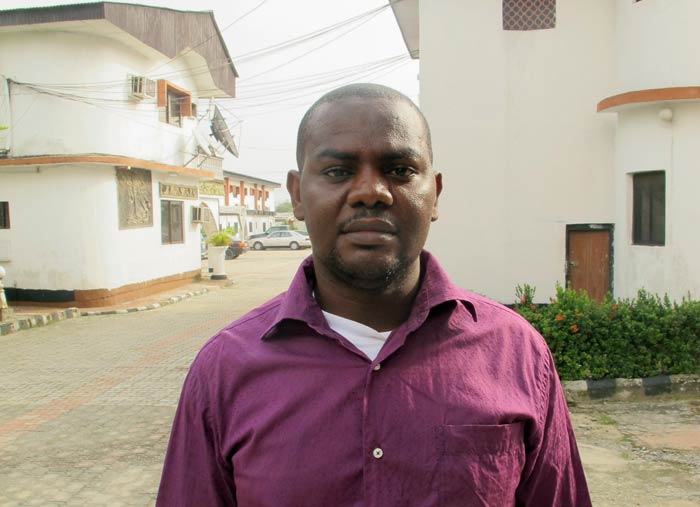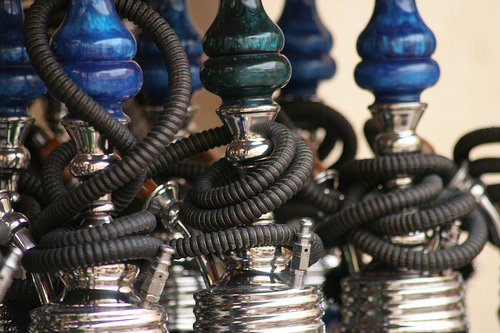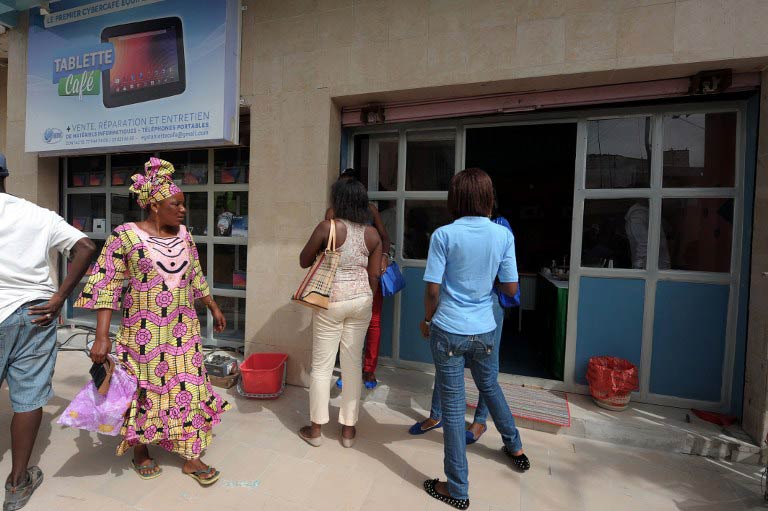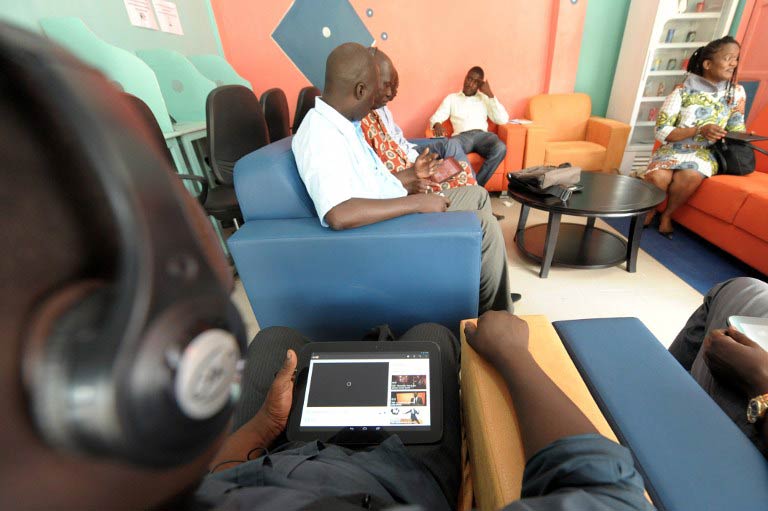“I want to go to Holland or to England because it’s clean and beautiful there,” said my 11-year-old sister Lidya, who has never traveled outside of Addis Ababa or owned a television. Looking out of the taxi’s window I can see that city streets are not too clean, drivers throw garbage out of the window, men pee wherever they feel like peeing and it’s okay for anyone to pick their nose, publicly, for minutes, and shoot little snot balls up in the air. Still, I tell Lidya that Holland is really not that much cleaner or more beautiful than Ethiopia.
“It’s just cold,” I say.
“How cold?”
“Too cold.”
I don’t want to admit to her that streets in the Netherlands might be cleaner because I’m trying to make this country my home again. One year ago, I moved back to Addis Ababa after finishing my postgrad degree. I lived in the Netherlands for 23 years before this, after being adopted by a Dutch family when I was four. I grew up learning how to speak Dutch instead of Ethiopia’s national language Amharic. I watched Dutch cartoons like Fabeltjeskrant instead of listening to the local radio shows my friends tell me about. My favorite food was Wentelteefjes (the Dutch version of French toast), and I almost forgot the taste of Ethopia’s traditional dish, injera (flatbread).
I’m often complimented by strangers for returning ‘home’ – and Addis does mostly feel like home especially when I’m surrounded by friends. I came back to discover what my place of origin is; to see if I was still Ethiopian despite growing up abroad with a European family. And, of course, to see what type of family I would have grown up with had I not been adopted.
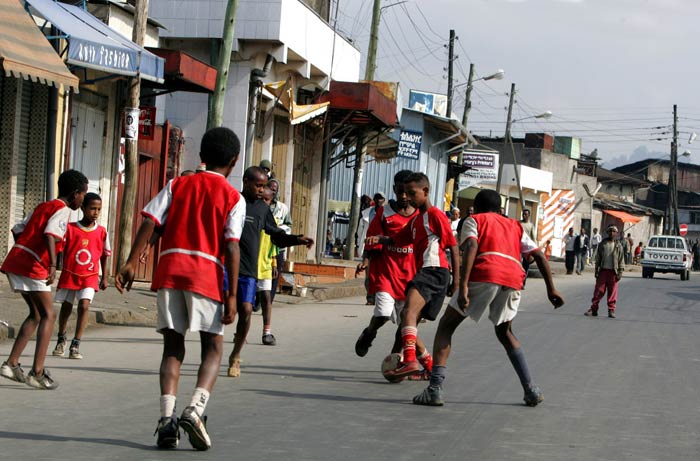
Strangers ask me daily what happened to me when they notice I don’t speak Amharic. I’m learning though – there’s an alphabet poster stuck to the wall in my home, which has earned me the nickname “Amharic baby” from Lidya. I’m still getting the hang of proper greetings in formal settings and the rules and customs around social interactions.
People usually feel pity for me because I wasn’t raised here and didn’t absorb the culture and language. So I’ve made an effort to behave like a proper Ethiopian girl by wearing my hair straight these days (I used to be pro-Afro) and listening politely to my mother’s pastor who hopes to find me a suitable fiancé. (I’m not too sure if I want to get married, and I feel the pastor is intruding in my personal life.)
Celebrating the return of the lost daughter must seem like a major disappointment for my Ethiopian mother. I cannot imagine what her community says about me. Although she is very sweet and calls me daily – something I have never done with my Dutch mother although I don’t doubt the relationship I have with her – I don’t feel we have anything in common to build a relationship that resembles anything close to a mother-daughter bond. She thanked heaven endlessly for “bringing me home”, but now we don’t see eye-to-eye on religion, the amount of times I visit, and almost any other decision I make in my life. Adoption didn’t turn me into the kind of girl she imagined, and that’s a disappointment.
I decided not to stay with my Ethiopian family when I returned as I’m more comfortable living on my own. I’ve been doing it since I was 19. Despite not being married, I moved in with friends who happened to be guys. Another disappointment.
Lidya, too, is not impressed with my lifestyle. She sends disapproving looks my way whenever I mention going out for drinks with friends, and questions why I’m not religious. Last Friday, I fetched her from the church compound for lunch. My mother doesn’t allow her to eat burgers so I whenever I take her out I let her order whatever she wants. This time, while waiting for our food, she asked me why I only go to church when the service is about to end. I told her I’m not too sure about God – and got another disapproving look, followed by an explanation that this happened to me because I was raised in Holland. Had I stayed in Ethiopia, she assured me, I would have been a decent church-going girl.
One year on, I’ve realised that I’m an Ethiopian that sees most things through the gaze of a non-Ethiopian. Small things remind me of this, like being asked what the breakfast dish firfir is, and getting it hilariously wrong.
But I do feel at home and I don’t complain about Ethiopia like the expats do. However, I also hate the frequent power cuts, the slow network connection that means I can’t waste hours on YouTube, and that there isn’t a range of 35 toothpaste brands to choose from.
My gaze is changing, slowly but surely. When friends from abroad came to visit me here, we end up arguing about the stereotypical and judgmental statements they tend to make about Ethiopia and its people. They don’t know enough to say the things they do.
I’ve decided to stay, not just because I found a great job, or because I’m no longer judged by my skin colour or because I’m still dealing with an identity crisis or because I want to discard my Dutchness. I want to make this country a part of me. I’m curious about how long it will take before I’m Ethiopian enough for Lidya to stop calling me “Amharic baby” (maybe when I start taking my language course more seriously?). One day I want to be able to say I’m Ethiopian with the same confidence with which I say I’m Dutch.
Marthe van der Wolf is a journalist based in Addis Ababa. She holds an M.Phil in African Studies from the University of Cape Town.
